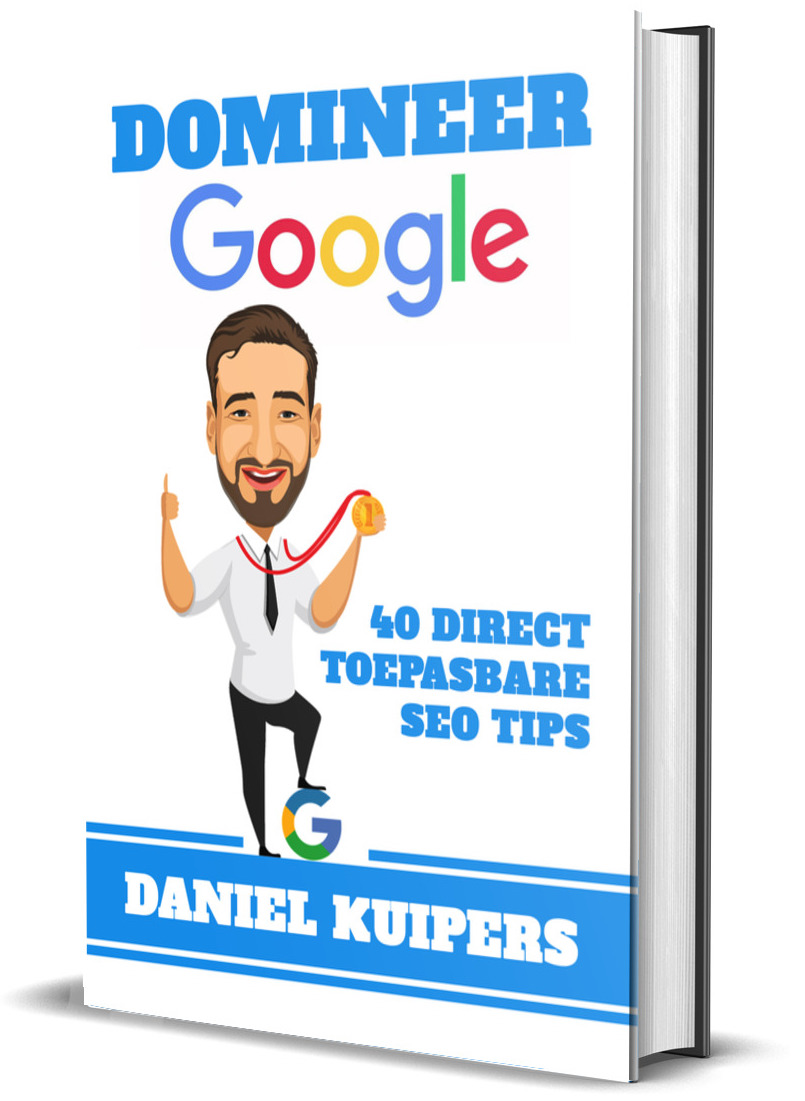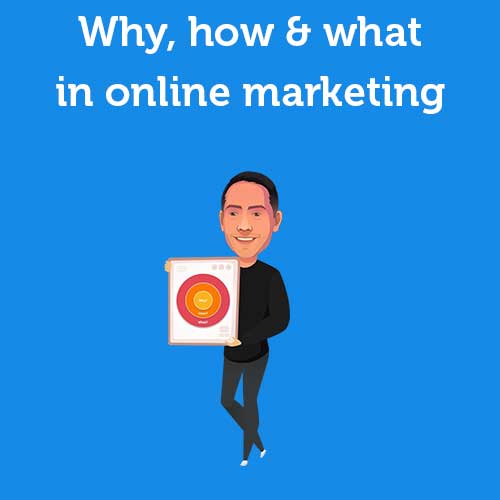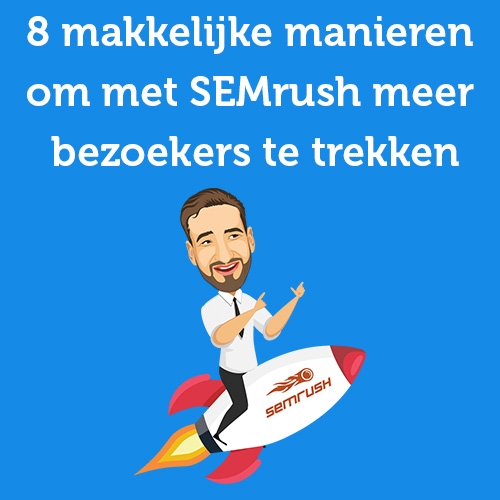Menu
Table of contents
It's almost the same as saying a phone is only for making calls. In fact, an NFT is much more than that.
Before we begin: this is what you need to know about smart contracts
Before you continue, I must explain one incredibly important part of NFTs. Namely, an NFT can feature a smart contract.
This is nothing but an agreement (or some kind of contract with certain rules) that comes with the NFT. This could be anything.
What that might be, I explain to you below by example.
Book launch
Publishing a book you can do with NFTs without a publisher. So there is no middle man who is going to earn on your book. You can decide how to publish it, in what way and possibly with additional features.
For example, you can give the first 10,000 buyers a perk in the smart contract. That could be a unique image that only a certain number of them are made of, or it could be unique access to an event that you organize just for those people.
In addition, I would like to mention another important part of NFTs / a smart contract. This is because a smart contract may state that the writer will receive royalties. For example, 10% of the price at which the NFT was sold.
And of course, as a writer, that's great. Especially if the NFT is sold multiple times. By the way, these royalties are also interesting for the rest of the examples!
Publishing music
For music publishing, the same applies as publishing a book. Again, you can do this without a record label making money on your work.
Again, it is possible to offer extras (in a smart contract). For example, think of VIP tickets to one of your concerts, backstage access, unique video footage taken during the recording and so on.
Marketing physical product with an NFT
NFTs are also sometimes paired with physical products. So you buy the product AND you get an NFT with it.
But what you also see more and more is that you have to buy an NFT. You then pay for the NFT and with that NFT you can claim a physical product.
All enshrined in a smart contract.
Think unique hand-painted pair of shoes, a work of art or something else that there are only a limited number of.
Exclusive access to a location, person or event
I've actually talked a little bit about this, but you also see more and more often that an NFT is offered and that NFT gives you access to an event, location or a person.
For example, think of your favorite athlete. He can release an NFT of which there is only 1. If you own that NFT, you're entitled to a game of basketball with LeBron James, a game of tennis with Nadal or a round of golf with Tiger Woods.
The same is also true for access to a particular event. If you have purchased a specific NFT and you belong to a select group, the smart contracts allow you to gain access to a venue or event.
Think of the an amusement park holding a cool promotion or YouTube holding a special event for people with 10,000,000 subscribers.
NFTs as status symbols
Why do you wear designer clothes? Why do you have a piece of art hanging on your wall? Why do you take a picture of your new car and post it on Instagram?
Because sometimes those items are like status symbols. Some want to "act tough" and others are super proud and have worked hard for it.
The same is true for NFTs. Suppose you bought an expensive piece of art with an NFT. You would then like to display that. And in the future you can. In fact, it is going to happen that everyone will have a public place where others can see their NFTs.
People can then see what books you've bought, what access you have, if you've ever played basketball with LeBron James, what concert you've been to and whether or not you belong to a select group.
Collections and collectibles
Did you used to collect soccer cards or basketball cards? Did you used to collect flippos? Or perhaps you were a fan of Pokémon cards?
Suppose you could now save the soccer cards you used to save online. You can open packages, get the same feeling as before and go back 20 years in time.
You feel young again.
That too can be done with NFTs. They are collectibles and you can fill certain collections. Just like you used to do.
In-game capabilities
I have a confession to make. In a distant past, I played a game and I put a lot of money into it.
4 months after I started playing, the game rolled out the ability to buy in-game items with money. For €60 you could buy great gear and be the best in the game.
So that's what I did. Moments later, I put in even more money. And even more money.
I lost that money now and the items are worth nothing. That's a terrible shame.
These in-game items will be NFTs in the newest games and within considerable time. So you can then also trade/sell them with other people.
So that way you don't lose your money like I used to. Your items can even become worth more over time. For example, because certain items are no longer made or can no longer be bought.
Investment
If you've gotten to this point, you've already come across several reasons why NFTs can cost a lot of money - but also become more valuable.
Then may be due to:
- Smart contracts
- The scarcity
- The nostalgic feeling people get from it
- The status you get with it
- And the access you get
So it's not surprising that people see NFTs as an investment. After all, something that is worth a lot of money now may be worth a lot more money 5 years from now.
After all, a van Gogh wasn't worth as much in 1890 as it is today, either. And you're going to see the same with many NFT projects.











Written by: Daniel Kuipers
Daniel is the founder of Online Marketing Agency. He constantly scours the Internet for the latest gadgets and tactics and blogs about them in understandable language. Well, sometimes.